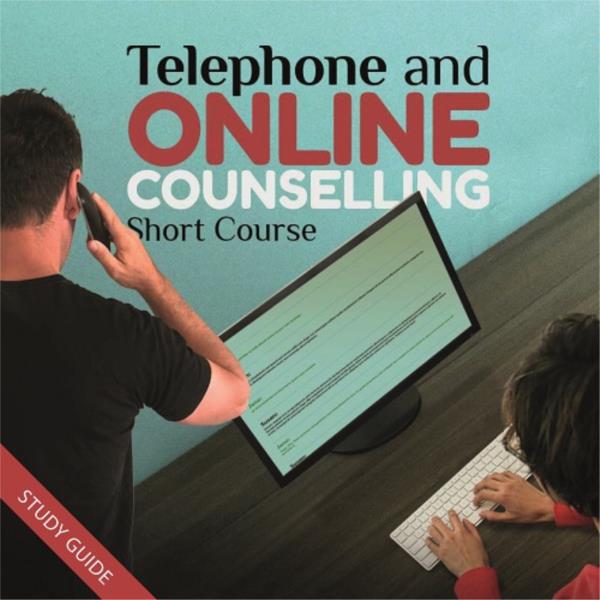The figures for adults reporting depression in Britain has doubled compared to this time last year, according to the Office for National Statistics. 20% of adults are reporting depressive symptoms, compared to 10% before the pandemic. The study is following up 3,500 adults over a 12 month period. Only a small number, 3.5%, reported that they felt they had an improvement in their symptoms.
Dr Charley Baker, University of Nottingham, stresses though that it is important not to pathologise people’s normal responses to the current pandemic and lockdown over the last few months.
The symptoms of grief, depression and stress can be very similar, but for anyone who is worried about their mental health, it is important to seek professional help. Whilst face to face services may not be available in some instances, many services are still offering online services.
Depression can come on gradually. A person may not realise that they are experiencing depression. Sometimes a friend or family member may ask if something is wrong or suggest that they get help.
When considering depression, it is important to consider what impact the symptoms are having on your daily life.
With mild depression, the symptoms may have some impact. With moderate depression, the impact becomes more significant and with severe depression, it can be virtually impossible for you to cope with your daily life. Again, if you are worried about yourself or someone else, please seek help.
The symptoms of depression can be psychological, physical and social.
Psychological Symptoms –
- A continuous feeling of low mood or sadness
- Low self-esteem
- Feeling tearful
- Feelings of guilt
- Feeling helpless or hopeless
- Irritability
- Intolerance with others
- No motivation or interest in things that previously interested you
- No enjoyment in things that previously gave you enjoyment
- Feeling worried or anxious
- Finding it hard to make decisions
- Thoughts of harming yourself
- Suicidal thoughts
Physical Symptoms
- Lack of energy
- Unexplained aches and pains
- Increase or decrease in appetite
- Moving or speaking slower than usual
- Constipation
- Changes to menstrual cycle
- Loss of libido (sex drive)
- Difficulties falling asleep or waking early in the morning
Social Symptoms
Depression can also make people withdraw from others around them. At a time when you are depressed, social support is more important than ever, but unfortunately, this is also a time when people seem to withdraw from others. Depression can actually make people –
- Avoid contact with others
- Avoid social activities or take part in fewer social activities
- Having difficulties in relationships at home, with your family or at work
- Lose interest in hobbies and interests
At the risk of repeating ourselves, if you are worried at all about your mental health or the mental health of others, please do seek help.
Telephone and Online Counselling Short Course
